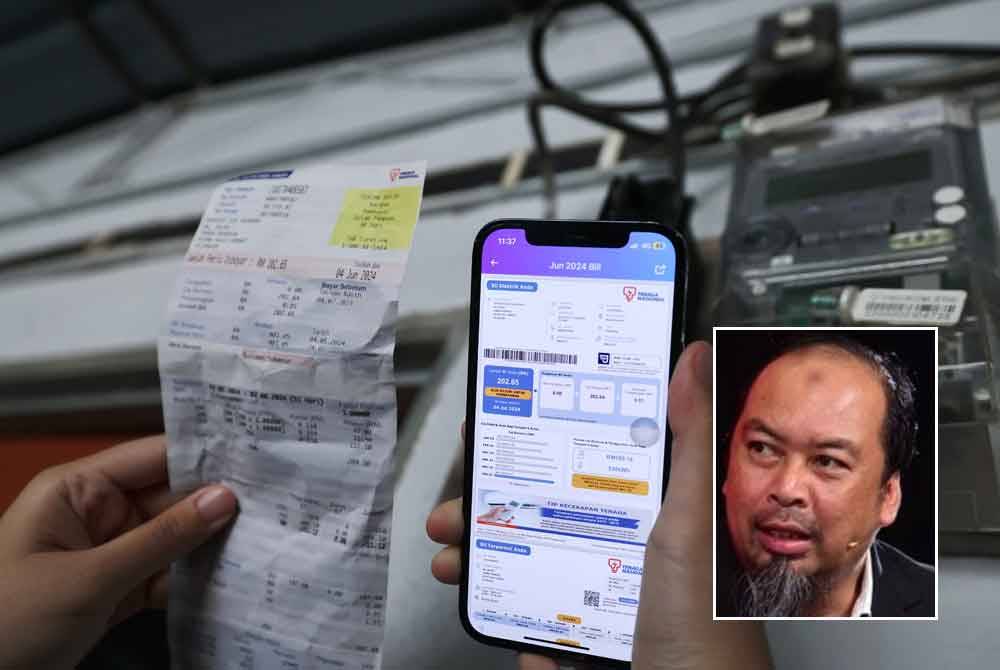'One sen may seem small, but it is significant for the industry'
The reduction not only provides savings but also leaves traders with no reason to raise prices.
SINAR HARIAN REPORTER
SHAH ALAM - Although it is just one sen, the reduction in the Imbalance Cost Pass-Through (ICPT) surcharge per kilowatt hour (kWh) provides substantial cost savings for commercial and industrial users.
Putra Business School (PBS) Economics Analyst Associate Professor Dr Ahmed Razman Abdul Latiff said these groups consume electricity at high rates for their operations.
Therefore, he said, it not only provides savings but also leaves traders with no reason to raise prices.
"The government aims to ensure that there is no increase in the prices of goods because the tariff reduction means traders have no reason to do so as their operational costs will be lower.
"Even though it seems like just one sen, industrial usage is actually high.
"It is estimated that the subsidy borne by the government amounts to RM2.192 billion. Thus, we can see the savings by the industry, meaning they can reduce their operational costs," he told Sinar.
Razman said that although the electricity tariff for regular users remains the same, they still benefit from savings through the rebates offered.
"It appears the government wants to encourage savings. Some get a rebate of RM40, some RM400 on refrigerator and air conditioner purchases. Some even save up to RM4,000 by installing solar panels.
"There is an opportunity for people to save on purchasing electrical appliances and installing solar panels," he added.
On Saturday, the media reported that the government agreed to no increase in electricity tariffs for all users in Peninsular Malaysia from July 1 to Dec 31 this year.
Additionally, commercial and industrial users would experience a reduction in the ICPT surcharge rate by one cent/kWh for the same period.
The Energy Transition and Water Transition Ministry (Petra) stated that the surcharge rate also decreased by one sen/kWh for street lighting categories (tariff G and G1) under the supervision of local authorities (PBT), allowing them to provide comprehensive lighting services in public areas such as street lights, residential parks and recreational areas.
Download Sinar Daily application.Click Here!














